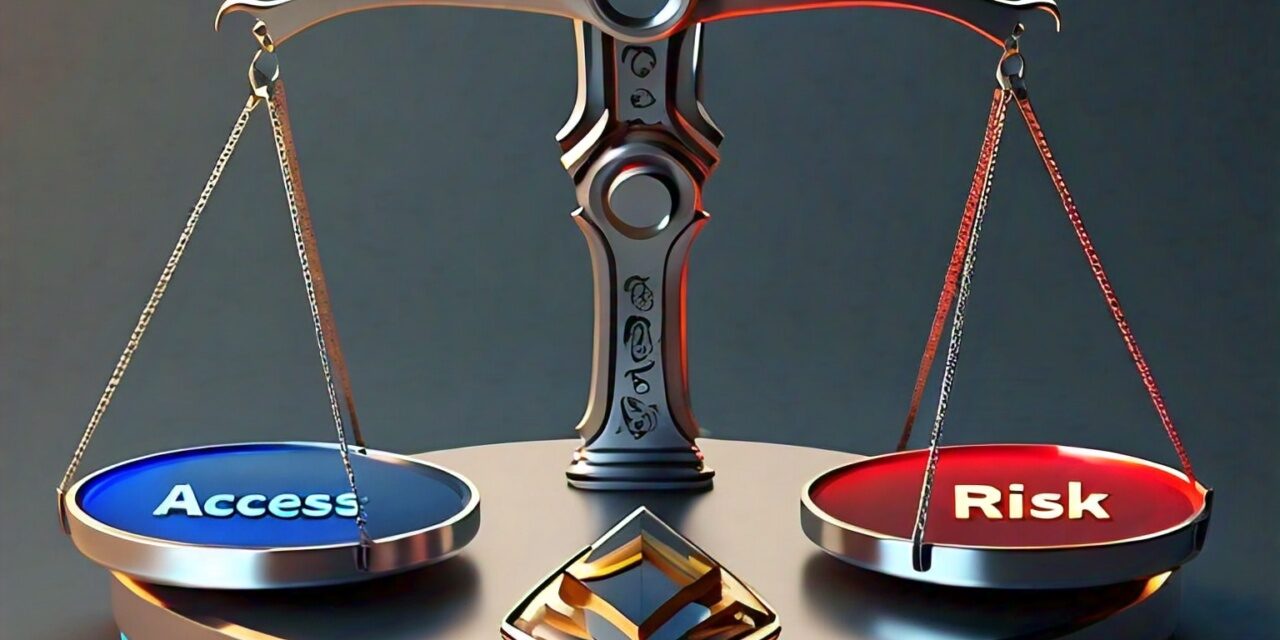The Ethics of Decentralized Lending: Balancing Access with Risk
Syndicated article by Web3.loans
Decentralized lending, a cornerstone of the web3 ecosystem, has revolutionized the way people access financial services. By leveraging blockchain technology and smart contracts, decentralized lending platforms have made it possible for individuals and businesses to borrow and lend without traditional intermediaries. However, as the sector grows, so do concerns about the ethics of decentralized lending. In this article, we’ll explore the delicate balance between increasing access to financial services and managing risk, highlighting the need for responsible lending practices that prioritize borrowers’ well-being.
The Promise of Decentralized Lending
Decentralized lending has the potential to democratize access to financial services, particularly for the underserved and underbanked populations. By removing traditional barriers to entry, such as credit scores and collateral requirements, decentralized lending platforms have opened up new opportunities for individuals and businesses to access capital. This, in turn, can stimulate economic growth, innovation, and financial inclusion.
The Risks of Decentralized Lending
While decentralized lending offers many benefits, it also poses significant risks. Without proper regulation and oversight, lenders may engage in predatory practices, such as charging exorbitant interest rates or hidden fees. Borrowers, on the other hand, may be exposed to market volatility, liquidity risks, and even fraud. The lack of transparency and accountability in some decentralized lending platforms can exacerbate these risks, leaving borrowers vulnerable to exploitation.
Case Studies
MakerDAO: A decentralized lending platform that has implemented measures to mitigate risks, such as over-collateralization and liquidation mechanisms.
Key Facts and Findings
Borrowers on decentralized lending platforms often lack transparency and accountability, leaving them vulnerable to exploitation (Source: The Block).
Examples of Relevant Companies/Organizations
The DeFi Alliance: A non-profit organization that promotes responsible lending practices and regulatory compliance in the DeFi sector.
Results and Initiatives Underway
Education and awareness: Efforts to educate borrowers and lenders about the risks and benefits of decentralized lending are underway, with initiatives such as the DeFi Education Fund.
Challenges and Potential Issues
Scalability and adoption: Decentralized lending platforms face challenges in scaling and achieving mainstream adoption.
The Takeaway
Decentralized lending has the potential to revolutionize financial services, but it’s crucial to address the ethical implications of this rapidly growing sector. By prioritizing transparency, accountability, and responsible lending practices, we can ensure that decentralized lending platforms serve the needs of borrowers and lenders alike. As the sector continues to evolve, it’s essential to strike a balance between access and risk, promoting a more inclusive and equitable financial ecosystem for all.












